Cane Maturity in Grapevines
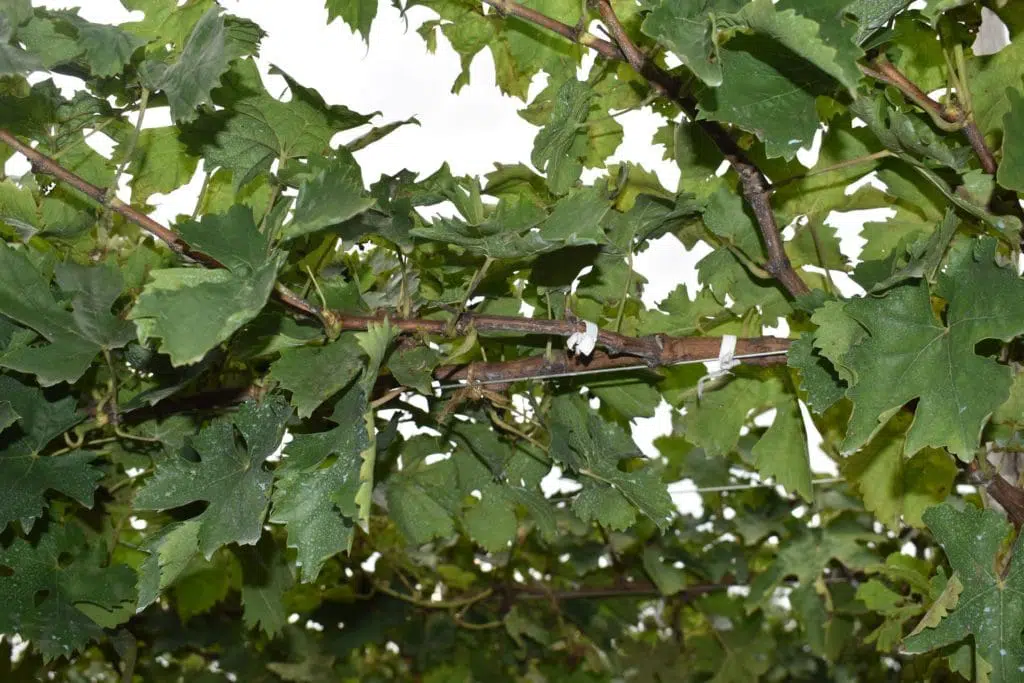
Can maturity starts at the end of the bud differentiation stage. This typically happens between 60-90 days after foundation pruning. In the stage the colour of the cane transforms first to a milky white colour then to the brown colour of a mature cane. Warmer temperatures result in better can maturity, whereas overcast and rainy […]
What helps in the bunch elongation of grapes?
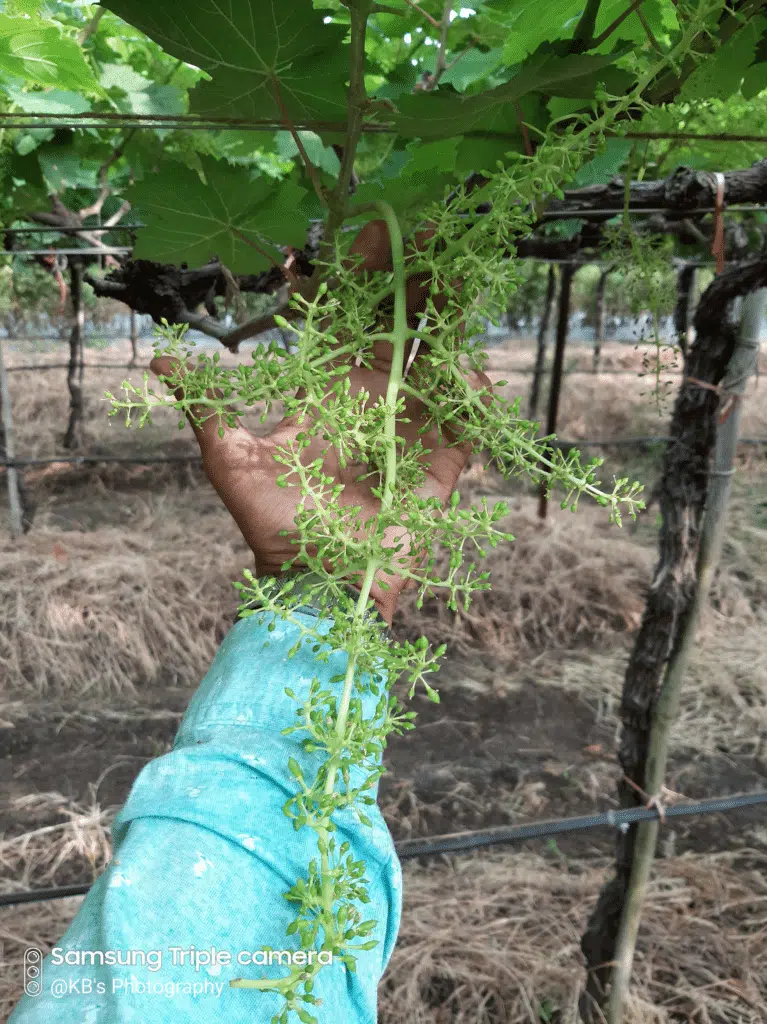
The size of grape berry and a cluster matters a lot in quality grape production. The length and thickness of a cluster depend on the length of stalk and petals. The size of a berry increases as a cluster grows because of cell division. Using GA3 in the pre- blooming stage doubles the number of […]
How do I improve the staple length of my cotton?

Cotton requires Boron at all growth stages of the crop. The maximum need of Boron is however during the boll development stage. In the Cotton crop, Boron is required for pollination, fertilization, and fiber quality. Boron helps in the assimilation of Nitrogen and Potassium and also for the translocation of carbohydrates from the leaf to […]
How can I improve the grain fill in cereal crops?
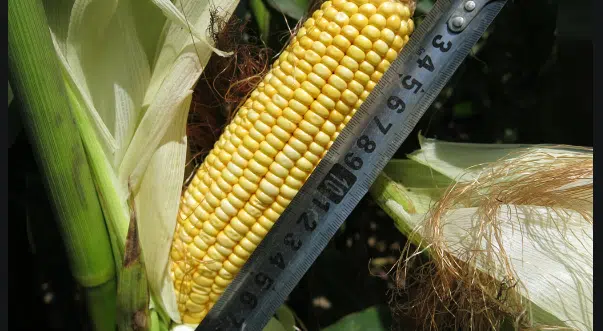
As a micronutrient, Zinc is essential for enzyme activation in plant cells. It is also helpful during protein synthesis, formation of chlorophyll and production of carbohydrates. The most important role of Zinc however is improving the pollen quality and extending the life of viable pollens. Better pollens result in better seed setting and thus increased […]
How to ensure uniform sprouting in grapevines?
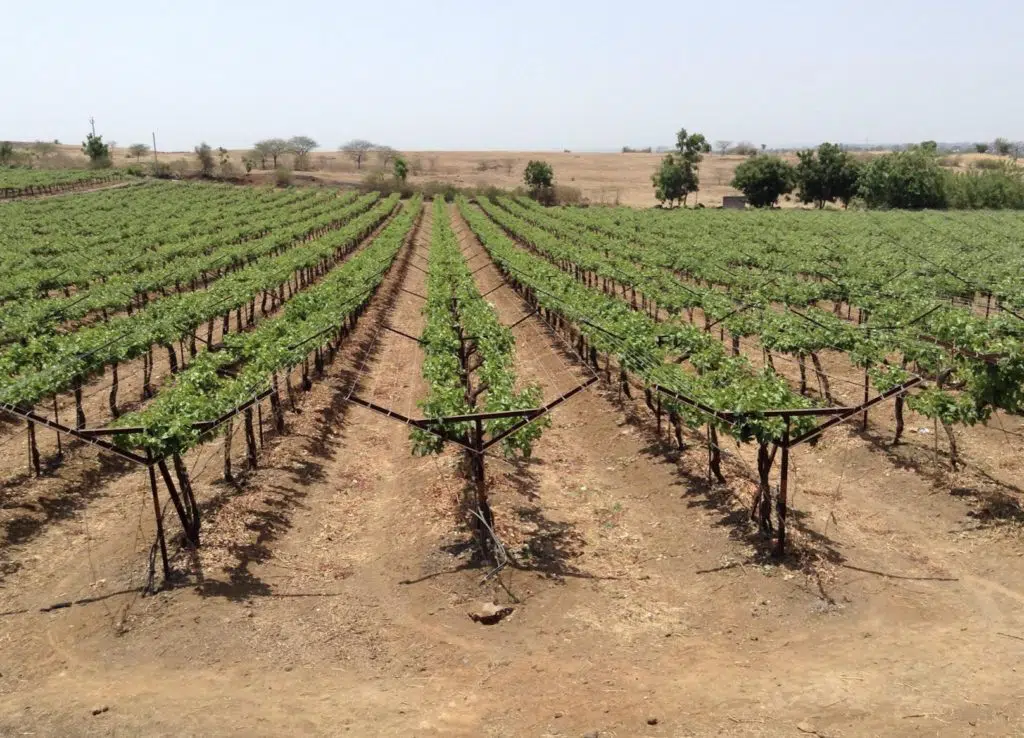
Grapevines typically start sprouting 10-12 days after foundation pruning. During this period it is very important to ensure proper water and nutrient supply to the vines. This is essential for proper vegetative growth, fruitfulness of the cane and proper nutrient storage in the canes for the fruiting season. The following three factors need to be […]
How to increase fruit size and taste?
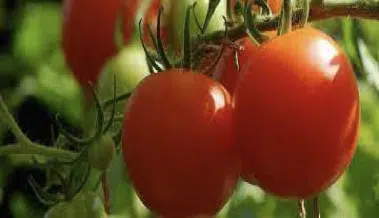
Plant cells require potassium for water, nutrients, and carbohydrates transportation. Potassium is also important for enzyme activation in plant cells. These enzymes are essential for protein and starch synthesis and the production of ATP. Another very important role of Potassium is to control the opening and closing of stomata. This helps in maintaining the water […]
How to develop a healthy root system in vegetables?
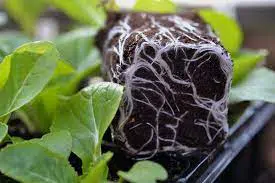
White roots are the primary mode through which plants absorb water and nutrients from the soil. An inactive root system can lead to several problems in the plant. Some of which are stunted growth, flower or fruit dropping while also increasing the susceptibility to disease, pest and viral infections. The white roots of a plant […]
Prevention of viral diseases
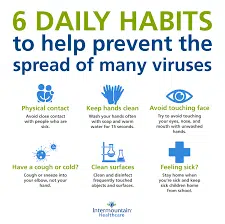
It is a well known fact that the only way to beat a viral infection is to prevent it. Unlike fungal or bacterial infections, viral loads are virtually difficult to reduce once they infect the living cells. Three strategies are adopted to minimise the damage due to viral infections in plants. The first approach involves […]
How to increase immunity in crops against viral diseases?
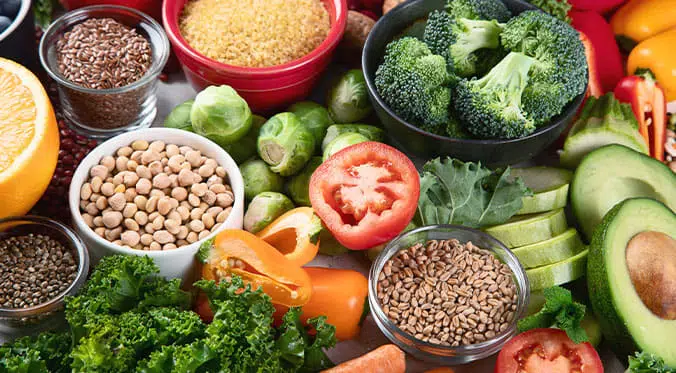
It is a well known fact that the only way to beat a viral infection is to prevent it. Unlike fungal or bacterial infections, viral loads are virtually difficult to reduce once they infect the living cells. Three strategies are adopted to minimise the damage due to viral infections in plants. The first approach involves […]
What to do to get more flowers for ornamental trees?
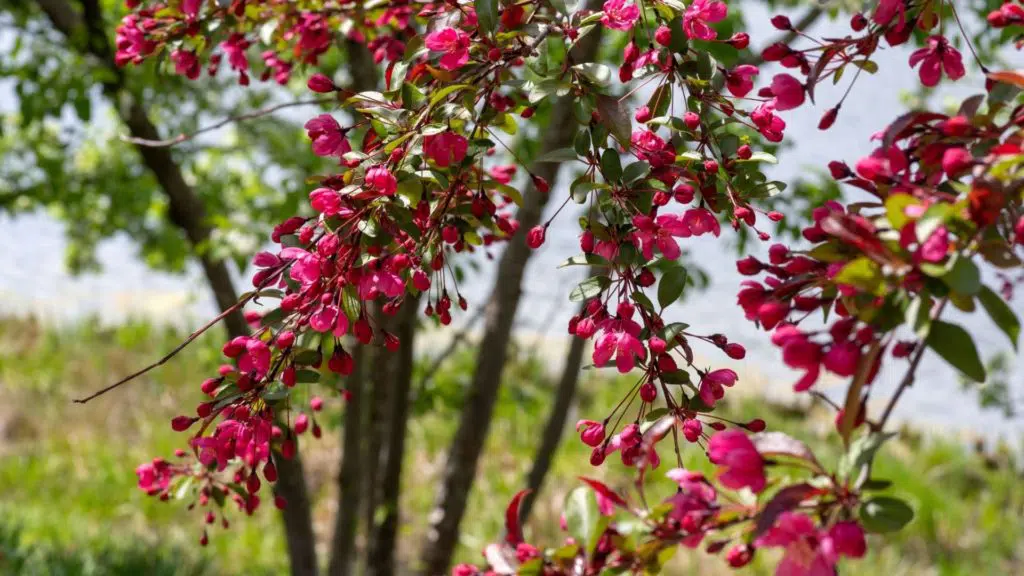
Nitrogen and Phosphorus are the two most important essential elements early in the lifecycle of the plant. Nitrogen is essential for amino acid synthesis and protein synthesis in plants.. Nitrogen is also important for nucleic acid formation, chlorophyll and other important enzyme production in plants. Phosphorus is also important in the early growth stages of […]